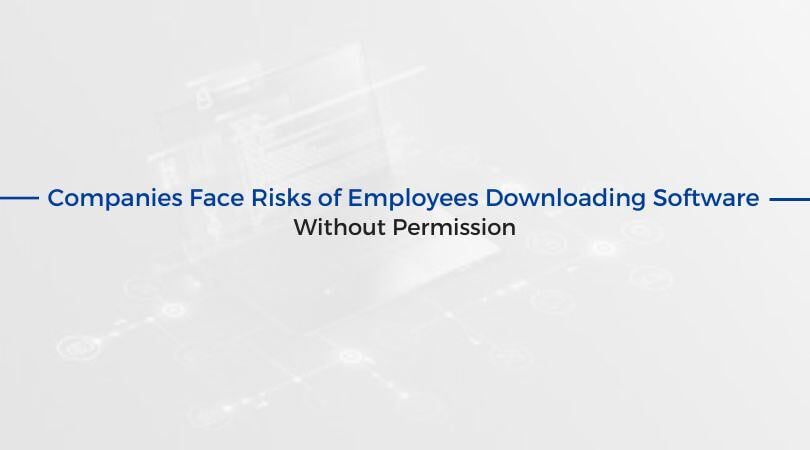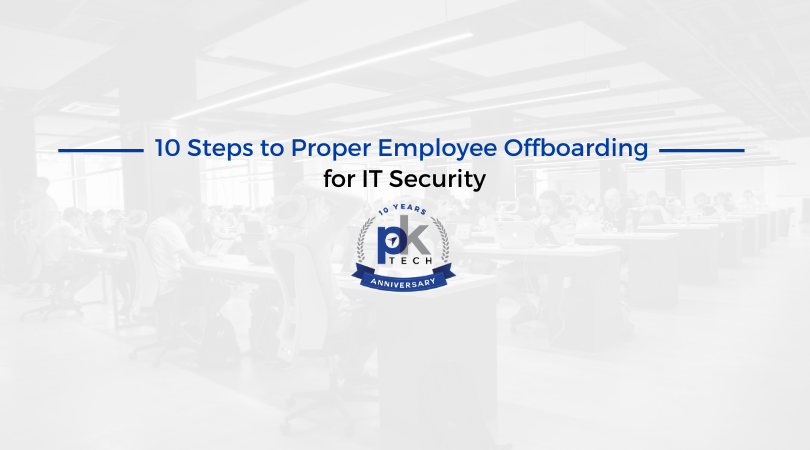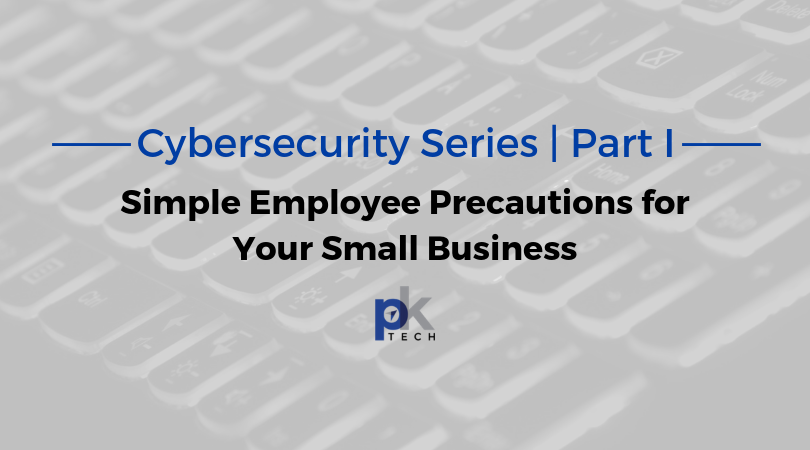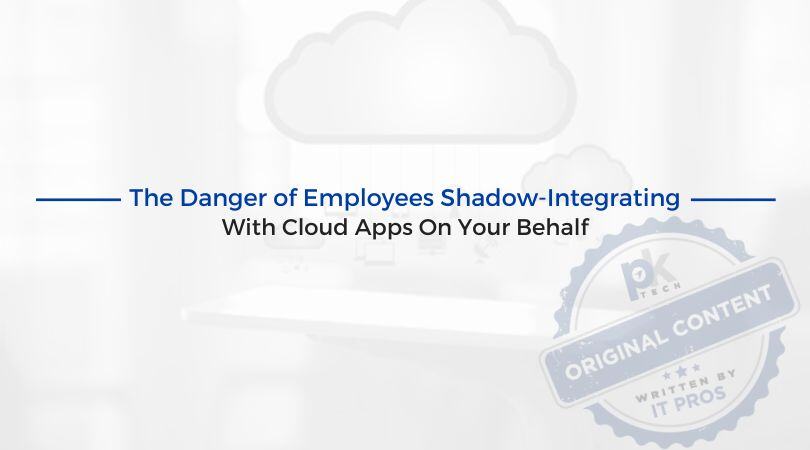10 Steps to Proper Employee Offboarding for IT Security
We’ve all experienced or facilitated the process when a company onboards you (as an employee) or you (as an employer) are onboarding a new employee.
2 min read
Megan Schutz : Updated on November 15, 2024

Employees often seek tools to streamline their work in many fast-paced industries where efficiency is critical. However, the convenience of downloading software without proper authorization poses significant risks to companies. This practice can seem harmless to the individual employee, but the potential consequences for the greater organization can be far-reaching.
A report by Armis CISO in the UK analyzed participating organizations and their practices around employee software downloads. Let’s dive into the report and the implications for security breaches on organizations within the UK and worldwide.
What did the study find? We’ll highlight some of the particularly jarring results:
The effects of employees downloading software without permission have security and compliance implications that companies should be acutely aware of.
1) Security Breaches
Unauthorized software downloads can open the door to security vulnerabilities. These unapproved applications may lack the rigorous testing and security measures that sanctioned software undergoes. This creates a breeding ground for malware, ransomware, and other cyber threats, putting sensitive company data at risk.
2) Data Loss and Data Leaks
Companies invest heavily in data protection, but unauthorized software can undermine these efforts. Employees might unknowingly expose sensitive information to third-party applications, leading to data loss or leakage. This jeopardizes the company’s proprietary data and puts customer trust on the line.
3) Legal Consequences
Using software without proper licensing can lead to legal repercussions. Companies can face hefty fines and legal actions for copyright infringement. Ignorance is not a valid defense, and organizations must ensure that employees are educated about the importance of obtaining proper licenses for software usage.
4) Reduced Productivity
Contrary to the intention of increasing productivity (a major driving force of employees who choose to bypass protocol and download rogue software without permission), unauthorized software can have the opposite effect. Incompatibility issues, software conflicts, and unforeseen glitches can disrupt workflow, causing downtime and reducing overall productivity.
5) IT Resource Strain
IT departments are tasked with managing and maintaining the company’s technology infrastructure. Unauthorized software downloads strain these resources by introducing additional variables that IT professionals must account for, detracting from more strategic initiatives.
6) Reputation Damage
Public perception plays a crucial role in a company’s success. A security breach resulting from unauthorized software downloads can tarnish a company’s reputation. Clients and partners may lose trust and jeopardize potential business opportunities.
7) Lack of Control
Unauthorized downloads diminish the control that companies have over their IT environments. This lack of oversight can make it challenging to enforce uniform security standards and maintain a consistent user experience across the organization.
In a world where technology is integral to business operations, companies must establish robust policies regarding software usage. Education, regular audits, and proactive measures can help mitigate the risks associated with unauthorized software downloads. By fostering a culture of awareness and compliance, companies can safeguard their data, protect their reputation, and ensure the overall integrity of their operations.
If you need help establishing a robust and proactive cybersecurity plan for your organization, reach out to PK Tech. We have extensive experience with small to medium-sized businesses across various industries. Schedule a consultation with a member of our team today.

We’ve all experienced or facilitated the process when a company onboards you (as an employee) or you (as an employer) are onboarding a new employee.

Cybersecurity Series | Part 1 Simple Employee Precautions for Your Small Business Educating employees about cybersecurity can start small and simple....

Many employees are now shadow-integrating using unsanctioned cloud applications. Similar to Shadow IT (read more about Shadow IT here), employees...